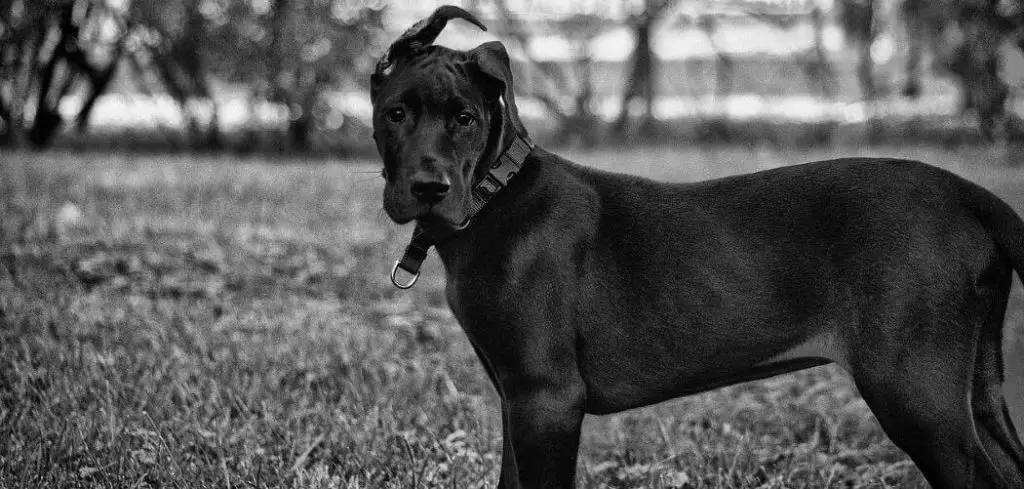Panting and shaking after a walk can be alarming, especially if it’s unusual for your dog. While some causes are harmless, others may signal a health problem that needs attention.
We outline the common causes of dog panting and shaking after walk, what you can do at home, and when to seek veterinary help.
Dog Panting and Shaking After Walk — Why It Happens
Panting and shaking after a walk can be caused by overexertion, heat, anxiety, or underlying medical issues. Factors such as dehydration, muscle fatigue, pain, or even excitement can contribute. While mild cases may resolve quickly, persistent or severe symptoms should be taken seriously.

Common Causes of Dog Panting and Shaking After Walk
Overexertion
If your dog isn’t used to long walks or strenuous activity, they may pant and tremble from muscle fatigue.
This is more common in older dogs, puppies, or those out of shape.
Signs usually improve after rest and hydration.
Heat Exhaustion
Walking in warm weather can cause overheating.
Excessive panting, shaking, drooling, and weakness are warning signs.
This can progress to heatstroke, which is life-threatening if untreated.
Related: Dog panting excessively (Causes and What To Do)
Pain or Injury
A pulled muscle, joint strain, or paw injury may cause panting from discomfort.
Shaking can be a response to pain or stress.
Watch for limping, licking a specific area, or reluctance to move.
Anxiety or Excitement
Some dogs become overstimulated during walks, especially in busy environments.
This can lead to panting and trembling even after returning home.
They may also pace, whine, or seem hyper-alert.
Low Blood Sugar
Small breeds or dogs with certain conditions can experience a drop in blood sugar after activity.
This can cause trembling, weakness, and excessive panting.
It can be dangerous if not addressed promptly.
Underlying Medical Conditions
Heart disease, respiratory issues, or metabolic disorders may make walks more physically taxing.
If panting and shaking happen even on mild walks, a vet check is essential.
What to Do If Your Dog Is Panting and Shaking After Walk
Move your dog to a cool, quiet place and allow them to rest.
Offer fresh water and monitor them closely for changes.
Check their paws and body for signs of injury.
If they are anxious, speak calmly and give them time to settle.
Avoid further activity until they are fully recovered.
When to Call or Visit Your Vet
Seek immediate veterinary help if your dog shows signs of heatstroke, collapse, difficulty breathing, or persistent weakness.
Contact your vet if panting and shaking do not resolve within an hour or if they worsen.
Ongoing symptoms after light exercise may indicate a chronic health issue.
Read more: Dog Panting and Drooling After Walk (Here’s why)
Key Takeaway
Panting and shaking after a walk can be normal after exertion but may also point to heat exhaustion, injury, or illness.
Monitoring your dog, providing rest, and seeking veterinary care when necessary will help keep them safe and healthy.
